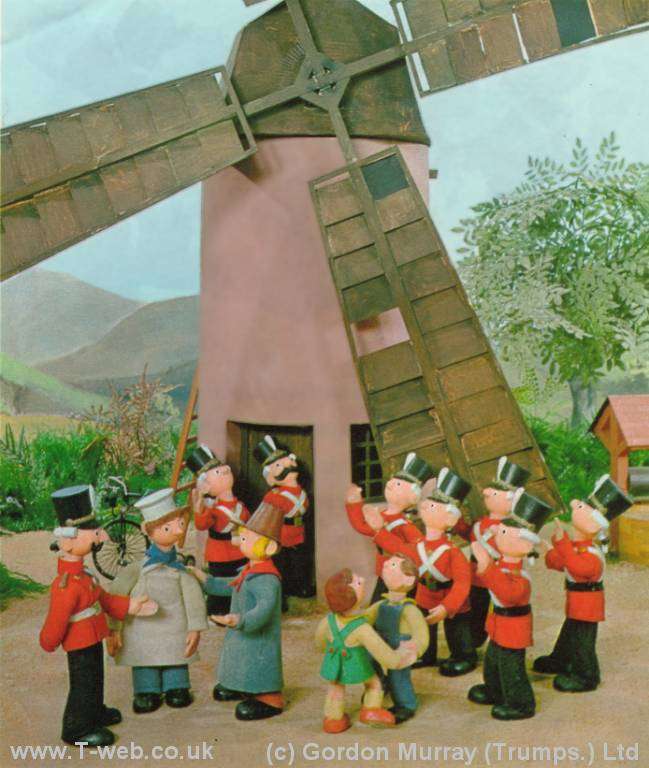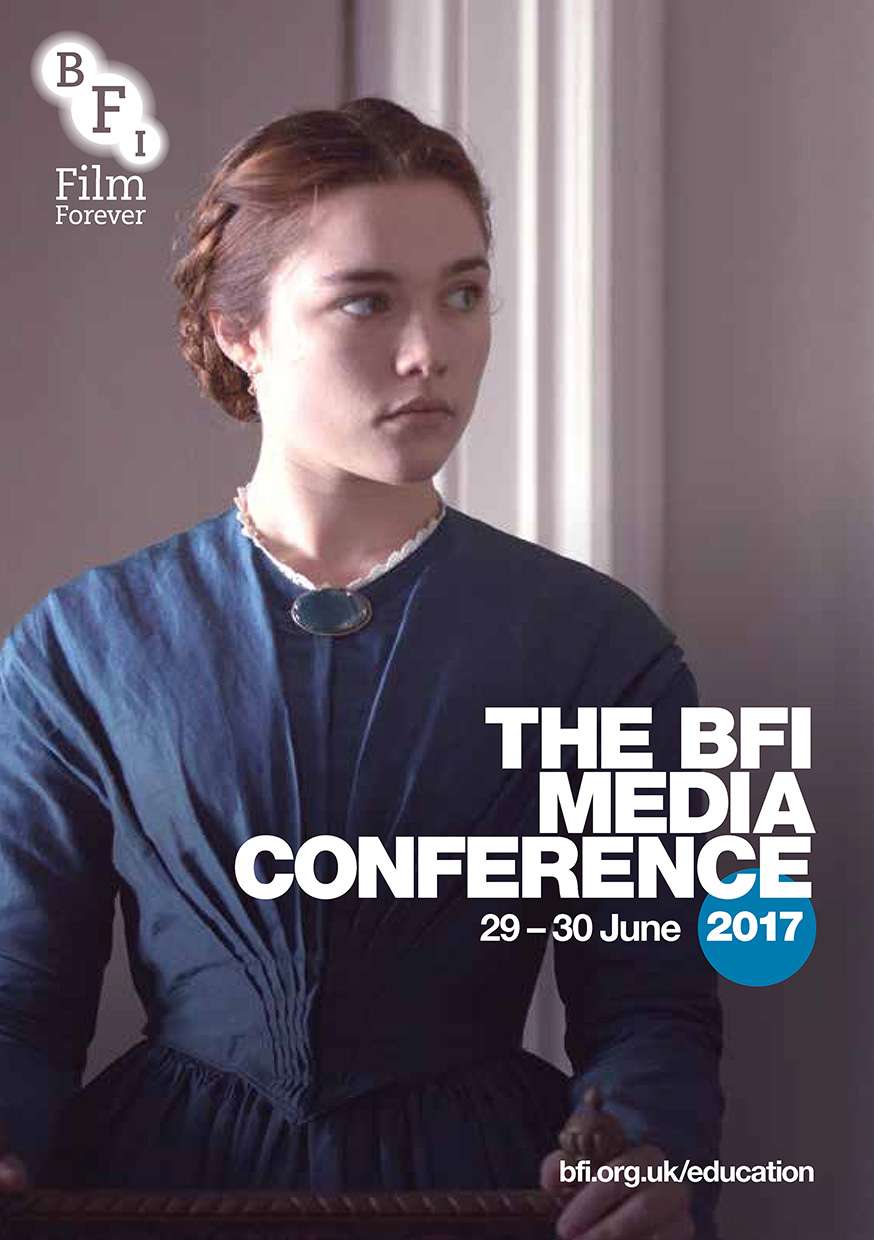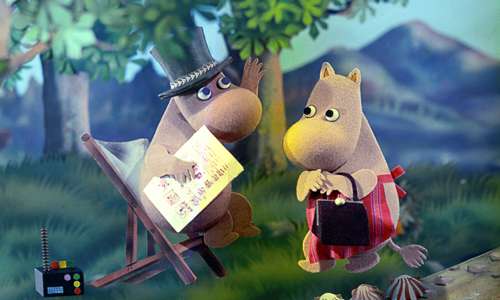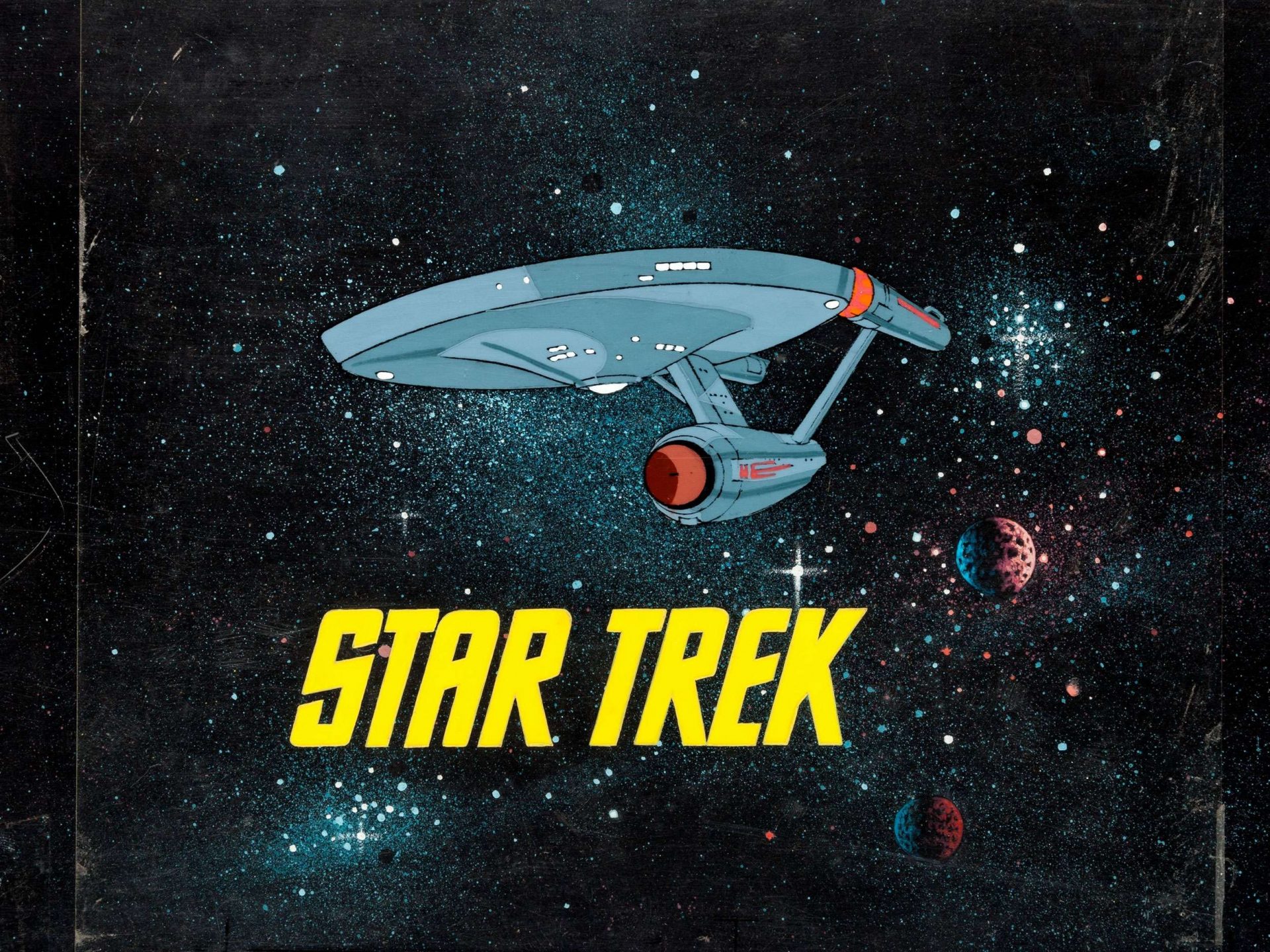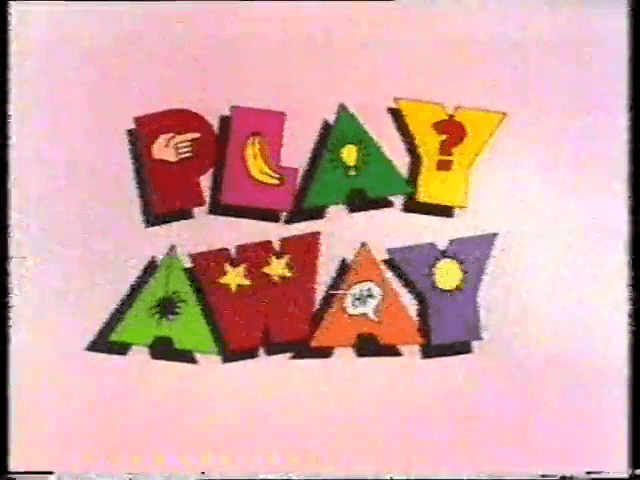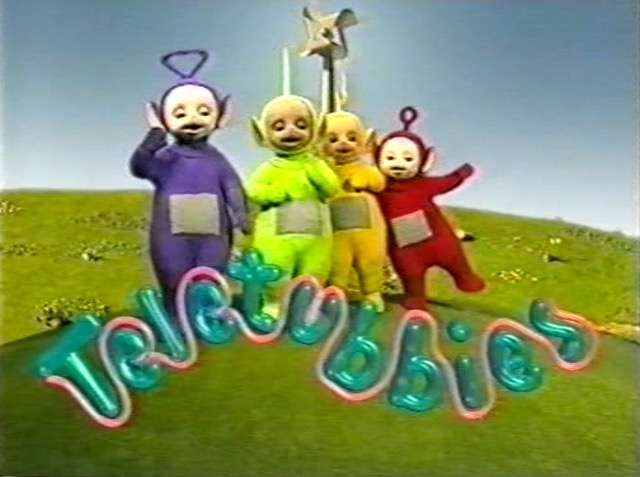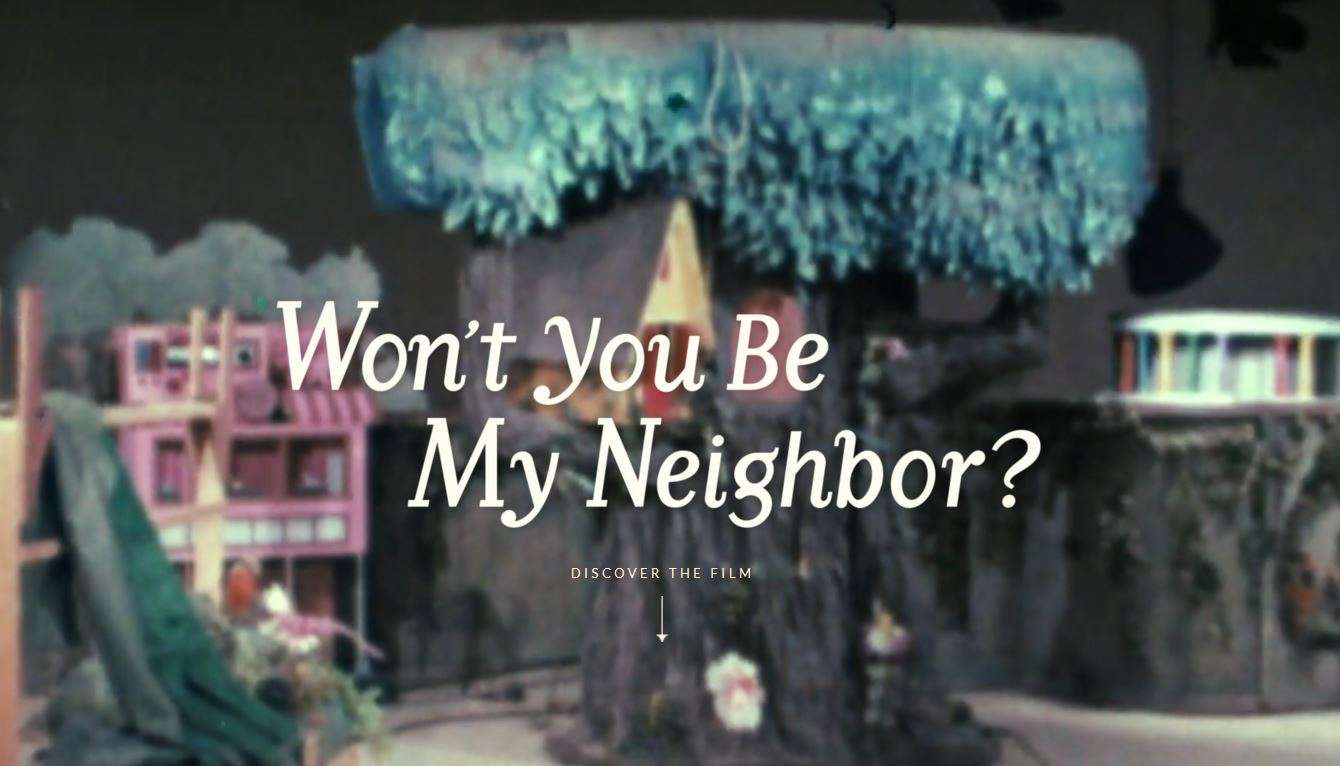
“Well, we all need a little love in our lives.” So replied the actor-musician François Clemmons, who for 25 years played Officer Clemmons on Mister Rogers’ Neighborhood (Family Communications, 1968-2001), when he was asked recently why he thought it was that the new documentary about his friend Fred Rogers, Won’t You Be My Neighbor (Tremolo, […]

